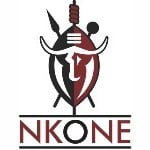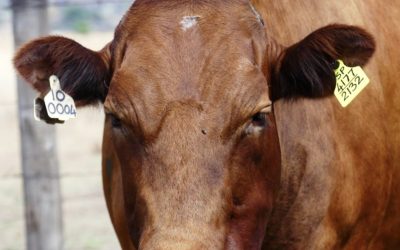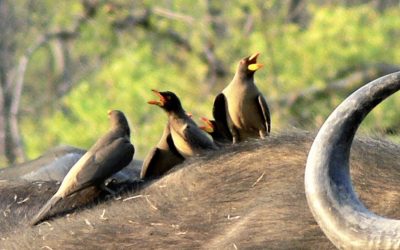Nkone Characteristics
2023 BEEF SCHOOL
THE YEAR OF THE NKONE
CHARACTERISTICS OF THE MODERN NKONE BREED.
- Suitable for different production systems:
- 1.1.For the breeding of Registered, Stud Nkone cattle.
- 1.2.For the breeding of first-generation crosses.
- 1.3.For opening young heifers.
- 1.4.For the breeding of composite breeds.
- The Nkone cow is highly fertile and able to produce a good calf every year on veld grazing and minimum inputs.
- Natural selection has contributed to the development of different phenotypes. This ensures genetic variability within the breed and adaptation to all ecological areas within Southern Africa.
- Their unique pigmentation offers protection against eye and skin cancer.
- Calves show a high growth rate from a low birth mass and wean up to 50% and more of their mother’s weight. This ensures highly efficient production.
- Cows are highly favoured as a dam line to produce crossbred calves that thrive in grass-fed beef production systems.
- The uniquely coloured hides are an added bonus and a sought-after by-product.
- The Nkone is hardy, tick and tick-borne disease resistant, can tolerate climatic extremes and its higher, internal urea levels enables it to utilise low quality grazing. The Nkone thrives under adverse harsh conditions.
- Nkone browse heavily as well as graze and they have the ability to cover great distances over poor terrain to forage and get to water. Their moderate size enables them to do well in poor conditions.
- Their ability to finish faster off the grass with only a calcium-phosphate lick ensures an efficient conversion of veld grazing into valuable beef and the potential to produce more kilograms of meat per hectare.
- Nkone are well known for exceptional fertility, ease of calving, good mothering ability and a high reconception rate, even in extreme conditions.
- Nkone cows produce small calves at birth and the cow controls the size of the calf even when mated with larger breeds.
- Low maintenance and veterinary costs reduced labour demands and feeding costs and a high utilisation of existing feed sources, all contribute to increased profit margins.
- Their placid temperament ensures ease of handling which reduces demand on extensive handling facilities and saves labour.
- Early sexual maturity, particularly in heifers.
- Longevity and high reproduction mean lowered replacement costs and the optimisation of good genetics.
- Mortality rates from birth to weaning are extremely low.
- The milk quality from Nkone cows is above average and suckling calves grow rapidly.
- Meat quality and taste is of the best compared to other breeds.
- A wide and extensive gene pool is available in Southern Africa, offering many opportunities for breeders.
- Nkone cattle protect their calves and are able to fend off predators. Their herding instinct makes it difficult for stock thieves to separate individuals from the herd.
- Approved Nguni breeding bulls in South Africa are selected for functional efficiency and will improve studs and commercial herds throughout Southern Africa.
- Nkone produce beef at the lowest cost per kilogram per hectare, similar to other moderate sized indigenous breeds like the Mashona, making them profitable and economically sustainable.



